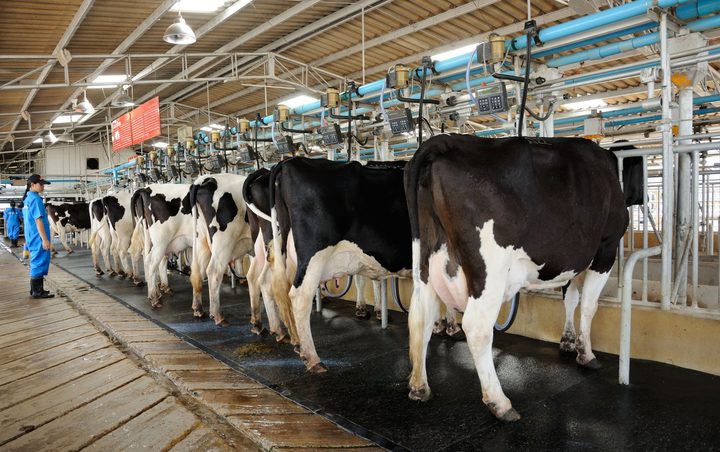An industry that is worth billions of dollars each year in the United States, the dairy industry is one that you and your family may have been involved in for decades. But like any business, the time may have come for you to make a few changes, particularly to your dairy facility’s flooring. Since floors in this industry are subjected to much wear and tear on a regular basis, you need to do all you can to keep your facility’s floor in excellent shape. If you’re ready to make some improvements, here are some suggestions.

Ensure Proper Drainage
From lactic acid spillages to liquid from dung, dairy facility floors can contain substantial amounts of excess water. This is dangerous not only for you and other workers, but also the cows in your facility. Along with potential slips that lead to injuries, ponding water can also allow bacteria to grow, increasing the chance of disease. To solve these problems, have a smooth and sloped floor surface that leads to a covered floor drain, and also have drain traps to prevent the entrance of sewer gas.
Install a Resin Floor
If you want to have a floor that will last for years, withstand daily punishment, and be resistant to bacteria, install a resin floor within your dairy facility. By looking over various options from Archway Brick and Tile, you can have a sturdy and level surface that can withstand not only humans and cattle, but also machinery and vehicles.
Anti-Microbial Floor Finish
If you have had problems in the past with various types of bacteria growth, mold, and other similar issues on your dairy facility flooring, you may want to consider adding an anti-microbial finish to your flooring. Becoming more popular in dairy facilities across the United States, these will destroy microorganisms immediately upon making contact with the floor’s surface.
Don’t Forget Other Areas
While you may be focused primarily on the flooring in your facility’s milking zone, you should not forget the flooring in other areas, such as corridors, walkways, and storage rooms. Therefore, always make sure these floors are properly sloped toward doorways so these areas can be properly cleaned. Also, before making any changes to your flooring, have a certified dairy inspector look at your facility so that you can discuss the changes you have in mind. By doing so, you can allow your facility to obtain Grade A dairy status.
By making these and other improvements to your dairy facility’s flooring, you can create a safer, healthier, and ultimately more productive facility for your dairy operations.